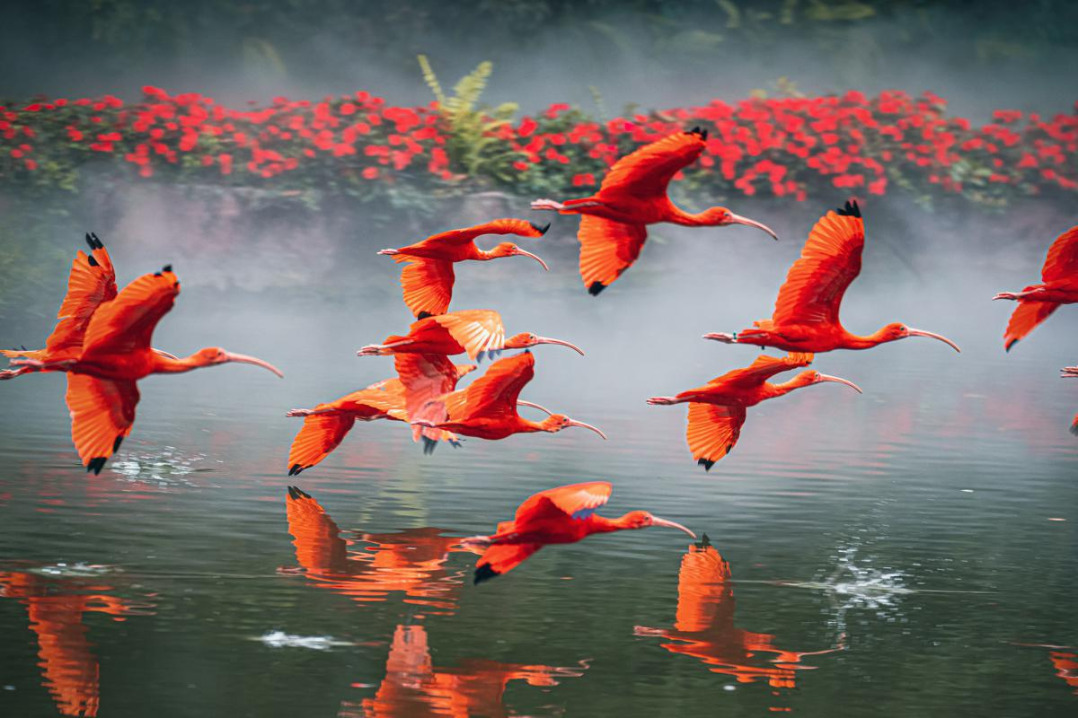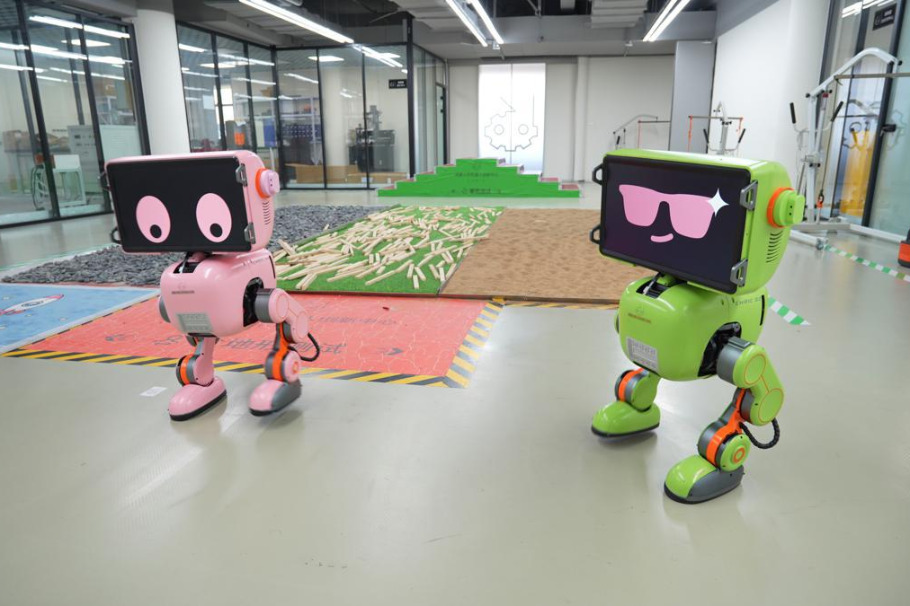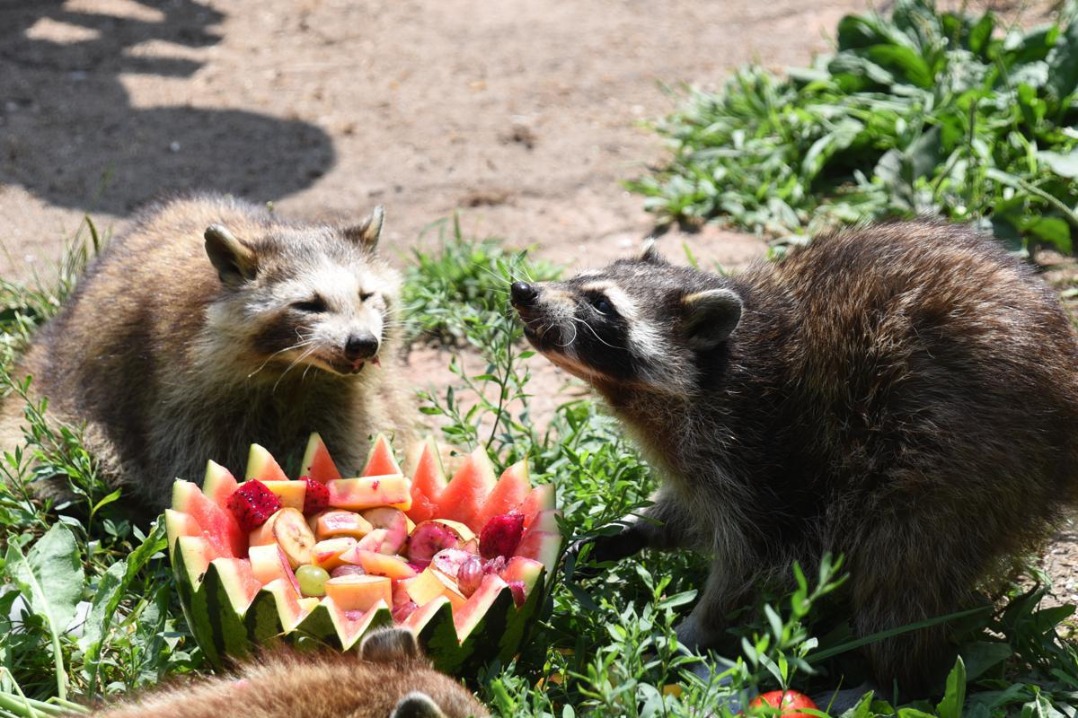Wildlife rescuer takes care of vulnerable animals like a parent

Every morning, as the first rays of sunlight illuminate the lush peaks of the Qilian Mountains, Ma Cunxin begins his busy day checking on his "wildlife residents". After feeding the rescued animals in batches, he has to carefully check and clean their shelters and tend to their wounds.
"Summer is the peak breeding season for wildlife, and it's also when we receive the most visitors," he said. "It's the busiest time of the year."
As the head of the Wildlife Rehabilitation and Breeding Station nestled within Qilian Mountain National Park, located in Qilian county of Qinghai province, Ma and dozens of his colleagues protect those injured or abandoned by their mothers, and they know each animal's story by heart.
"People often think that wild animals are strong enough to survive in the wild. But the truth is, without their mothers, these young and weak animals are extremely vulnerable," Ma said.
"Taking care of them is just like raising a child; we have to feed them milk at night. Only after a whole series of precious care can they survive. They rely on human help 24 hours a day."
The station is China's only wildlife rescue facility located inside a national park where animals receive medical treatment, personalized rehabilitation, and, when possible, a second chance at life in the wild.
Since its establishment, the rescue station has taken in over 200 wild animals from 36 species, including the Chinese desert cat, black-necked crane, vulture, snow leopard, and bharal — all under national protection.
But the purpose of the station goes beyond providing them a shelter. By reintroducing rehabilitated animals into their natural habitats, it will help restore vulnerable wild populations.
"If we successfully release even one individual to the wild, that one animal can become a breeding source, a potential parent that would produce offspring," Ma said.
So far, 43 animals across 17 species have been successfully released back into the wild, and 52 animals are still under care.
Education is another focus of the station's work. By receiving tourists and study tour groups, Ma and his colleagues introduce relevant knowledge about wild animals and the region's ecological conservation efforts.
"By doing so, it will foster a deeper understanding of the challenges wildlife species face among the public and enhance public awareness of ecological conservation," Ma said.
- Wildlife rescuer takes care of vulnerable animals like a parent
- Zhang Youxia meets with chief of Pakistani army
- Model UN conference gathers global students in Wuxi
- Chikungunya fever cases reported in Guangzhou
- Qingdao to host 10th China International Copyright Expo
- Highlights of Xi's remarks at meeting with EU leaders




































